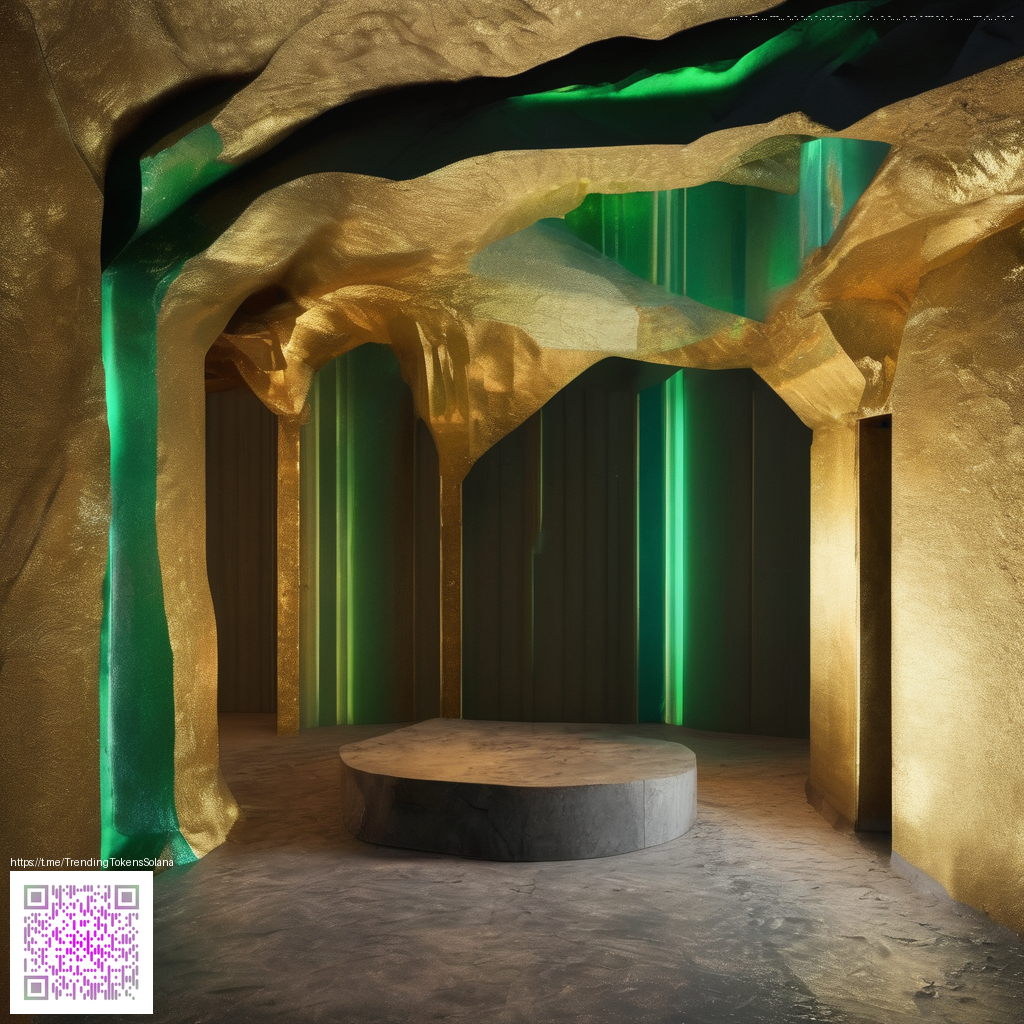
How Player Choices Shape Open-World Games
Open-world games invite us to wander, wonder, and weigh decisions in vast, living spaces. The impact of those choices goes beyond a single quest outcome; it threads through the world’s actors, resources, and even the tempo of exploration. When designers craft branching paths, they’re not merely adding plot branches. They’re building a living system where a player's curiosity, risk tolerance, and moral compass write a dynamic story in real time.
What makes open worlds feel alive is the way cause and effect accumulate. A late-night decision about diplomacy, faction alliances, or resource management can ripple outward—shifting NPC attitudes, altering available side missions, and reshaping local economies. It’s not enough to offer a menu of dialogue options; the game must remember who you are, what you’ve done, and what you value. In well-tuned titles, even minor choices bloom into meaningful consequences as you return to a familiar street, now altered by your reputation or the shifting balance of power.
“Choice is not a gimmick you sprinkle into a sandbox; it’s the engine that powers exploration, memory, and personal narrative,”
There are patterns that recur across successful open-world design. First, world state and persistence matter. The game tracks your decisions and updates the environment accordingly, so revisiting a region feels new rather than rote. Second, reward balance and risk are crucial. Players should feel their choices carry weight—perhaps offering immediate gains but with longer-term trade-offs, or opening new routes that require careful planning. Third, alignment of character and story matters. Your playstyle—whether you lean toward stealth, debate, or brute force—should shape dialogue, companions, and quest trajectories, making each journey feel distinctly yours.
Designers lean on these patterns to avoid the trap of branching paths that feel arbitrary or inconsequential. Instead, they craft interconnected systems: factions with evolving loyalties, reputations that affect vendor prices, and quest lines that adapt to prior actions. This creates a feedback loop where curiosity is rewarded, and each session can reveal new vistas, challenges, and opportunities. The result is a sense of agency that grows with time, turning a single playthrough into a unique personal saga.
For players, the payoff is memory-worthy moments—moments that linger because they were earned through thoughtful choices rather than scripted luck. It’s the difference between feeling like you’re following a path laid out by someone else and feeling like you’re authoring your own journey. When you encounter a choice that tests your ethics or your strategy, you’re not just progressing the game’s plot; you’re shaping your identity within that world. This is the essence of an enduring open-world experience: a sandbox that responds in meaningful ways to the player who dares to interact with it.
In practical terms, embracing the weight of choice also means acknowledging the practical realities of how we game. Long sessions demand stability, focus, and comfort. A dependable desk setup can enhance immersion by removing friction that distracts from the moment. For example, selecting peripherals that glide smoothly and stay put under pressure helps maintain momentum as you weigh diplomacy over daring. If you’re looking to upgrade your gear, aPU Leather Mouse Pad with Non-Slip Backing offers a reliable surface and stable grip, supporting the kind of precise, deliberate play that these expansive worlds reward.
Designing for meaningful agency
Ultimately, the impact of choice in open-world games boils down to how it feels to the player. When a decision unlocks new opportunities, closes off others, or reshapes a region’s vibe, you’re experiencing a living game world that acknowledges you as an active participant. The best titles make these moments feel inevitable yet surprising, so you can look back and trace how your path unfolded from a single, seemingly small decision.
“Your path is discovered through action, refined by consequence, and remembered as part of your growing legend in the world you helped shape.”
As developers continue to refine consequence systems, players gain deeper satisfaction from exploration that isn’t merely about where to go next, but about who you become along the way.